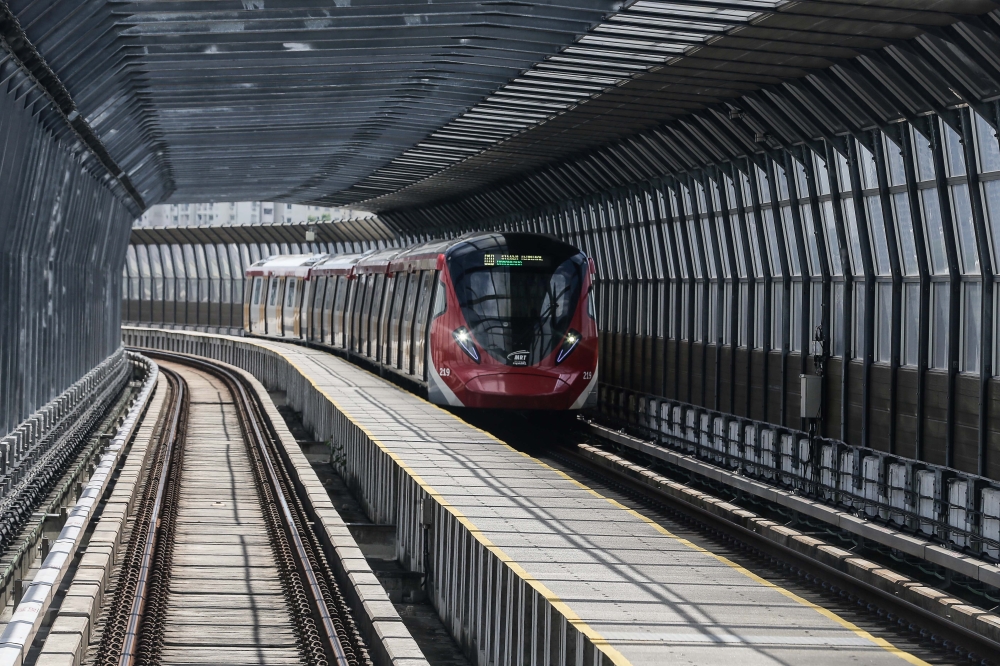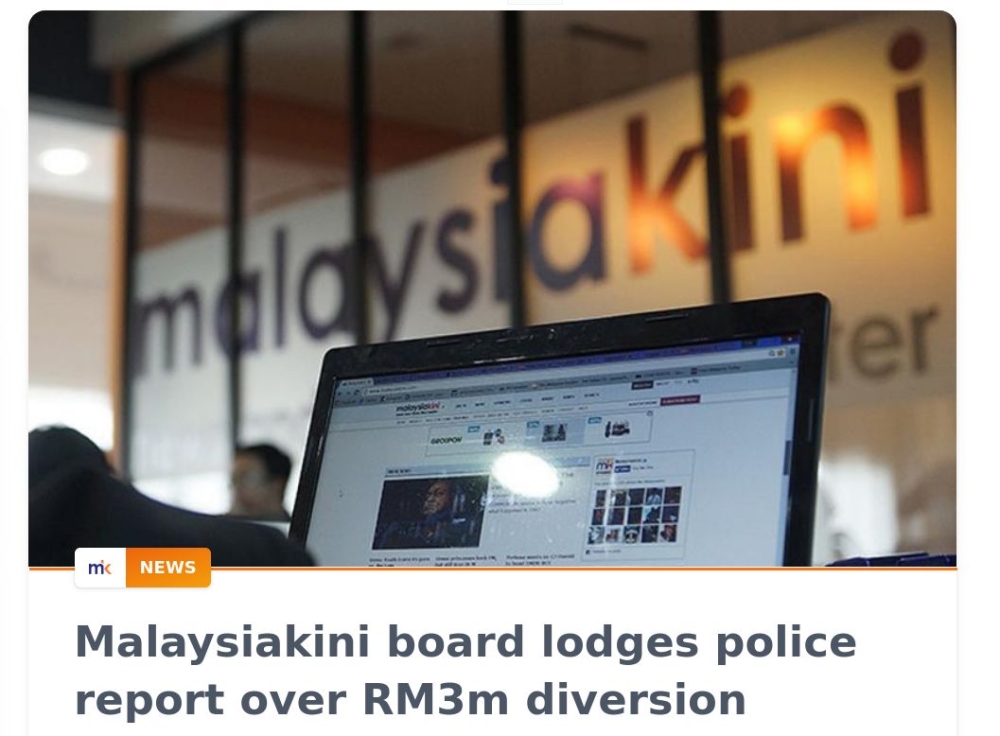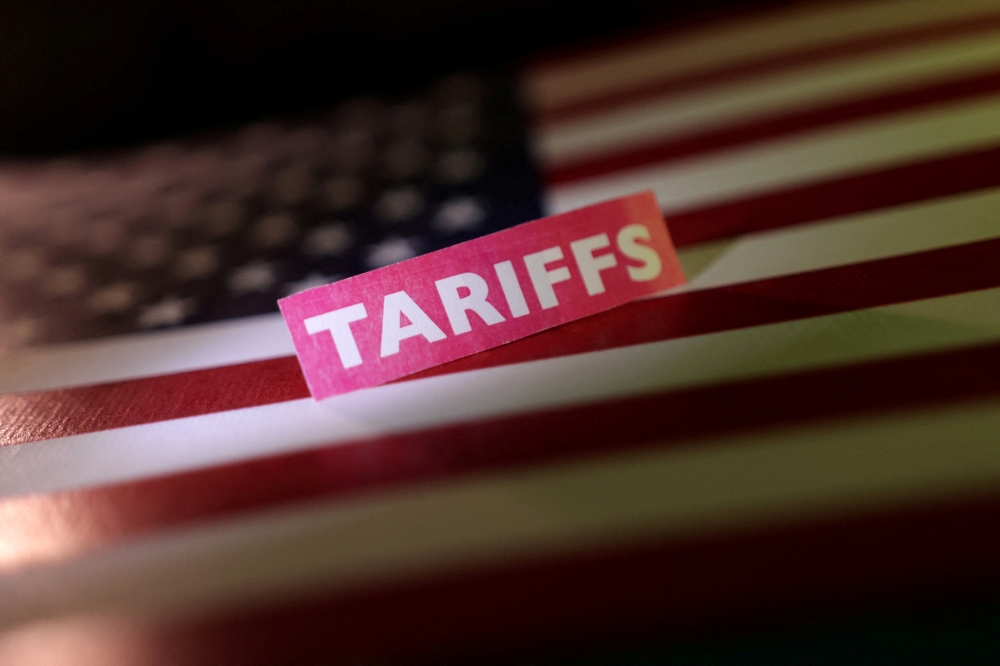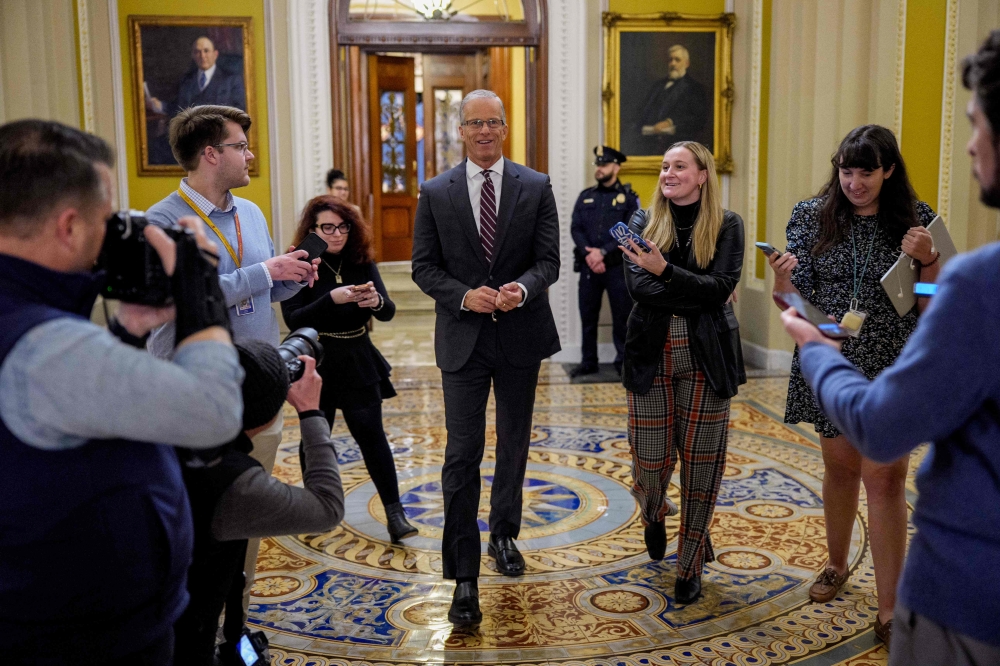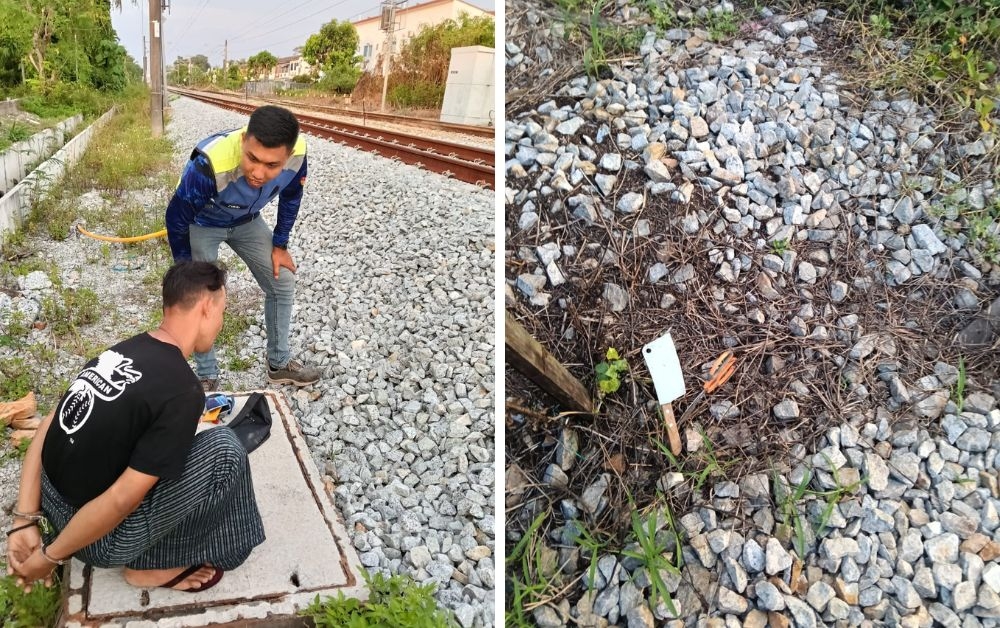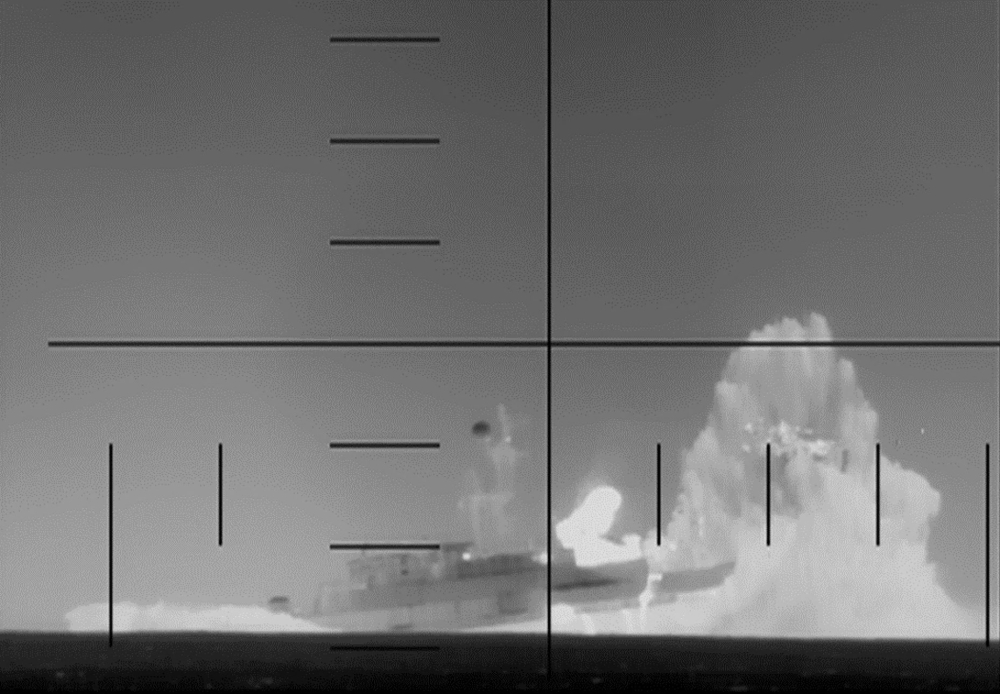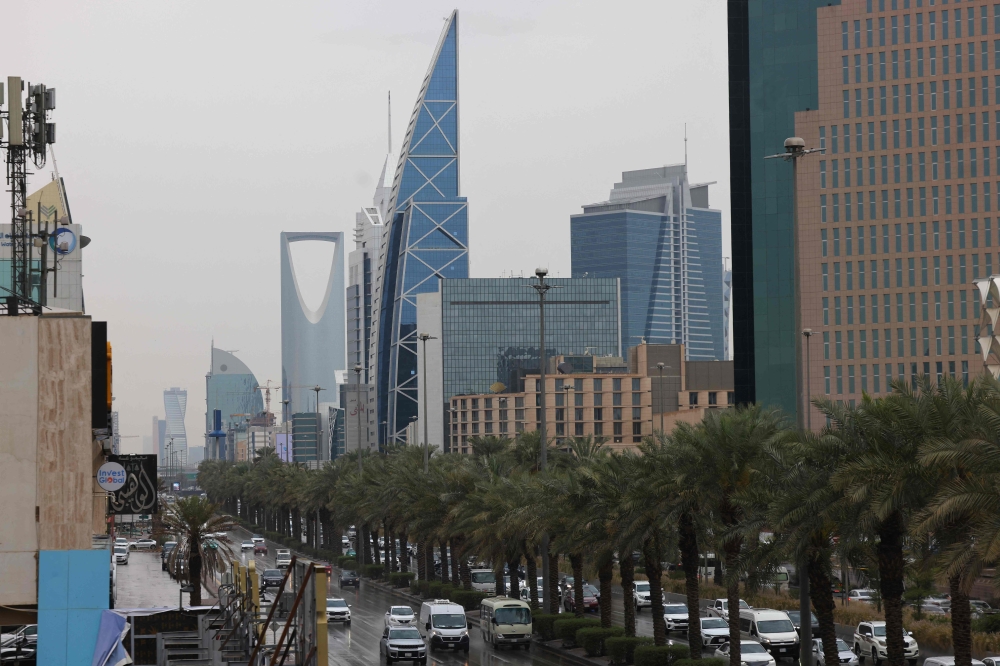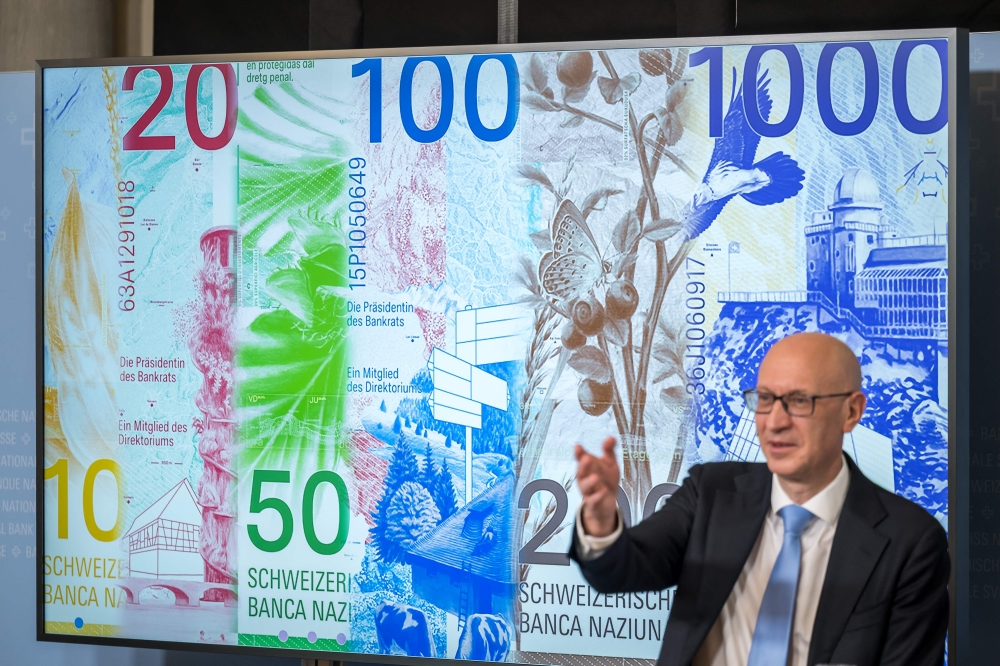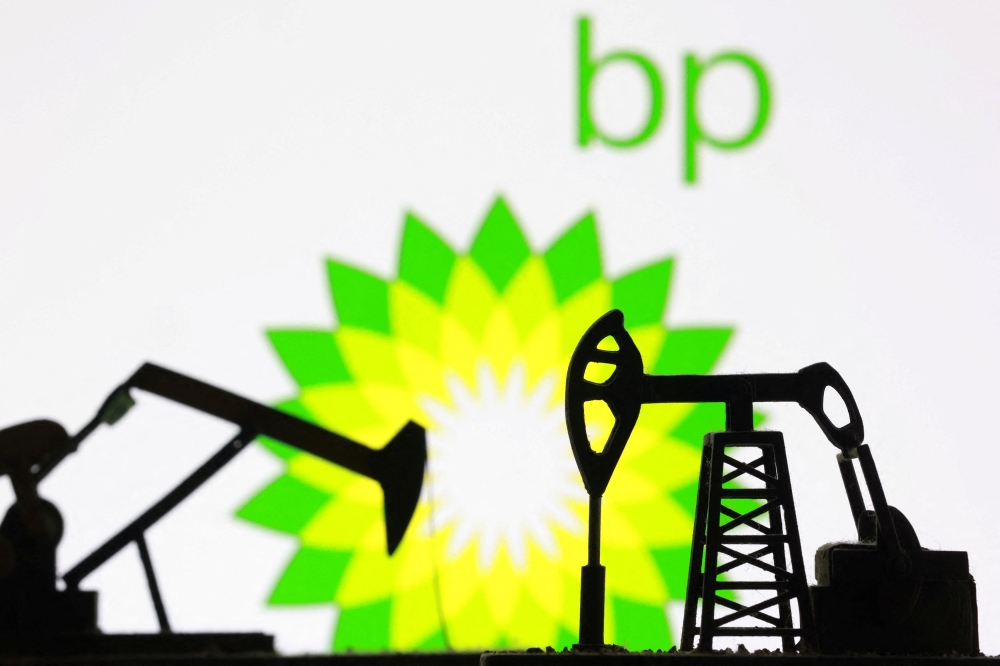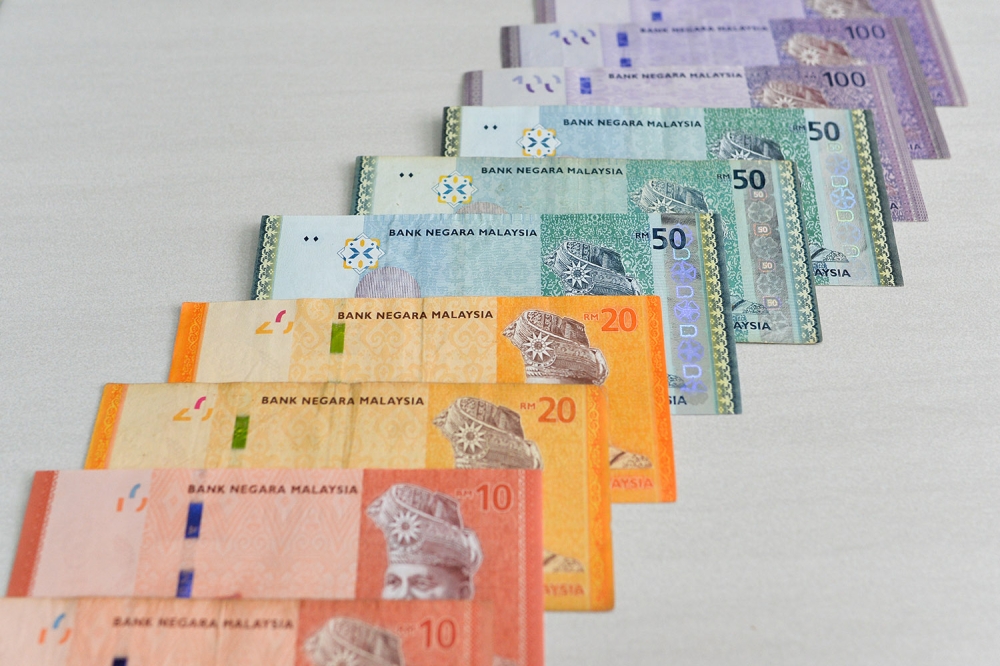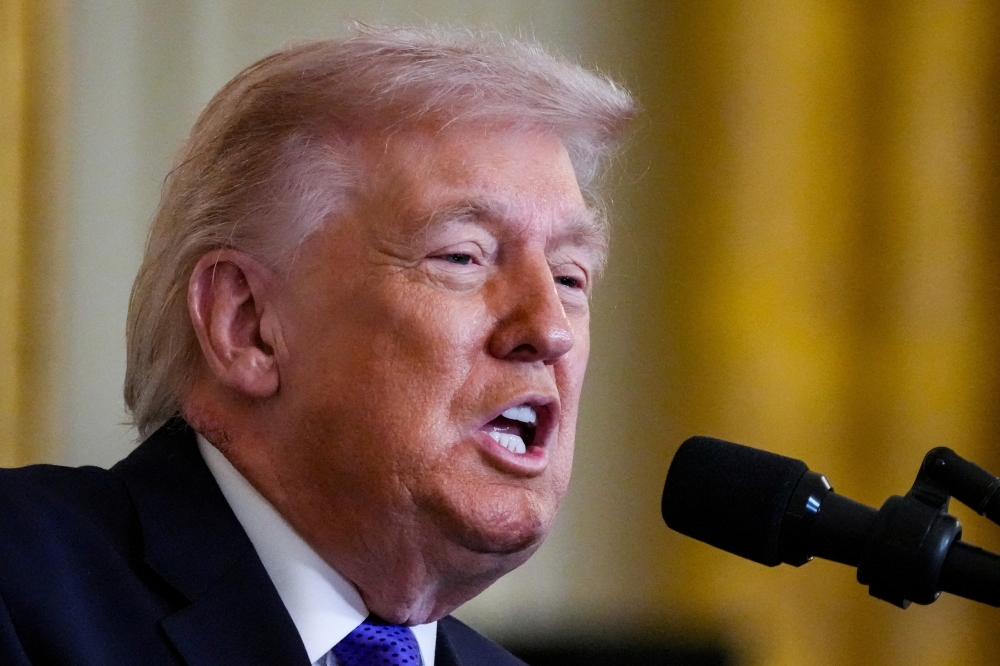BAKU, June 25 — Liquefied natural gas (LNG) oversupply may extend well into the 2020s keeping prices low, Charles Ellinas, CEO of Cyprus-based energy consultancy e-CNHC told Azerbaijan’s Trend News Agency (TREND).
He pointed out that the global LNG market was in trouble before Covid-19 as a result of oversupply.
“Covid-19 made it that much more difficult due to its impact on the global economy. In its Gas 2020 report, the International Energy Agency (IEA) expects this to reduce global gas demand in 2020 by 4 per cent — the first such reduction for a long time,” said Ellinas.
In addition, the export noted that the rapid growth in LNG supplies over the past few years, and with demand for LNG not responding in tandem — to enable a balanced market at an acceptable price to all — has been driving oversupply, resulting in the current lower price environment.
According to TREND, the IEA forecasts that with more LNG coming into the market, and with global demand taking years to recover, there will be longer-term overcapacity and oversupply, added Ellinas.
“With liquefaction projects currently in construction and record projects announcing FID in 2019, global LNG supplies will carry on growing for the next five years. In addition, Qatar LNG has reconfirmed its plans to expand its liquefaction capacity by 30 mtpa by 2025, with another 19 mtpa to be added by 2027. This is the world’s most cost-competitive source of LNG,” he explained.
The expert believes that following recovery from Covid-19, LNG demand will carry on increasing in Asia.
“But with China giving priority to domestic energy resources because of energy security concerns coming out of worsening relationship with the US, its future LNG demand growth is under question. As a result, LNG oversupply may extend well into the 2020s keeping prices low.
“With global LNG market getting increasingly competitive, shorter-term contracts and spot deliveries will become more common over time,” he noted.
Emma Richards, senior industry analyst at Fitch Solutions also told Trend that Covid-19 has had a severe impact on the global LNG market and, in many ways, LNG has suffered more than oil.
“Prices had already weakened significantly in 2019, because of continued growth in supply and a slowdown in demand, led by China. But the pandemic drove the market much deeper into a glut and now prices have collapsed to record lows.
“On the bright side, demand has likely passed the nadir and we should see consumption pick up in the back end of the year. But liquefaction capacity is still rolling on stream and it may take several years for the market to fully right itself,” she said.
The expert pointed out that contract LNG (which is the lion’s share of the market) is looking better than spot LNG. “The bulk of contracts are indexed to oil, so contract prices have fallen this year too. But the crude price recovery looks stronger than for spot LNG. That said, a lot of buyers have been struggling to manage their contract volumes and for companies looking to sell into the market, the competition to lock in buyers will remain pretty intense in the near term.” — Bernama

